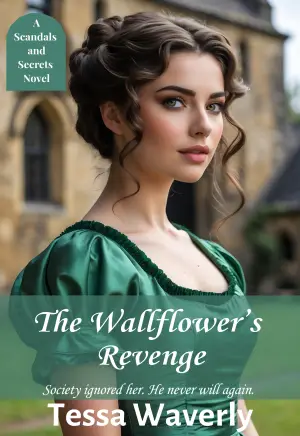Mockingjay: A Bittersweet Conclusion to a Complex Journey
As soon as I cracked open Mockingjay, the final installment of Suzanne Collins’ The Hunger Games series, I felt a mix of excitement and apprehension. The stakes were higher than ever, and I was ready for a spectacular conclusion to a tale that had captivated me since the first page of The Hunger Games. Collins had created a world filled with fierce characters and nail-biting suspense, and those foundations had set my expectations soaring.
However, upon finishing Mockingjay, I was left reeling—not in awe or triumph, but with a feeling of disappointment and confusion that simmered long after I read the last page. Unlike its predecessors, this book felt different; it lacked the thrilling pace and immediate stakes that had defined Katniss Everdeen’s earlier adventures. Here, war is portrayed not with the adrenaline-fueled excitement of the arena but rather as a somber, slow-moving tide sweeping everyone along. There’s a certain realism to this approach, but at what cost?
Character Depth and Development
One of my greatest struggles with Mockingjay was how Katniss transformed from a fierce and savvy protagonist into a shadow of her former self. Sure, the emotional and psychological toll of war can be overwhelming, but I longed for glimpses of the resourceful girl who once sacrificed everything for her family and her district. Instead, I found Katniss trapped in a cycle of grief and confusion, often sidelined and manipulated by those around her. This feeling of ennui is further compounded by the repetitive narrative of her internal struggles—there’s a fine line between authenticity and monotony, and this book occasionally strayed into the latter.
My heart sank as I watched Katniss oscillate between Gale and Peeta, a love triangle that felt more like a distraction than a meaningful subplot. By the end, I was rooting not for whom she’d end up with but rather for her to stand on her own two feet and make a decision guided by her own will. The ending, though bittersweet, felt like she had once again been swept along rather than leading her own destiny. It’s hard not to feel somewhat robbed of a long-deserved resolution.
Thematic Reflections
Collins’ ambitions in tackling themes of control, war, and trauma are both commendable and deeply resonant. Unfortunately, the execution left me feeling detached. The notion that there are no clear heroes or villains is powerful, yet the constant reminder of hopelessness left me yearning for a sense of victory or hope amidst the despair. The brightness of rebellion became overshadowed by the dark reality of war, which is indeed a poignant message but, when stretched thin, made the reading experience feel almost laborious.
Likewise, Katniss’ experience with post-traumatic stress was incredibly poignant; her struggles are a reflection of many real-world principles. However, I couldn’t help but wish for moments when she’d rise above her circumstances, when she’d shout, much like Harry Potter had done for his friends: "I’m going to keep fighting!" Instead, I often felt that the most exciting moments, like her attempts to save her sister or confront the Capitol, were overshadowed by her debilitating state.
Final Thoughts
Despite the criticisms, I won’t dismiss Mockingjay entirely. It offers valuable reflections on the costs of war and the intricacies of human emotions. For readers drawn to deeper explorations of trauma and the consequences of conflict, this book might resonate powerfully. That said, if you’re hoping for an exhilarating adventure akin to The Hunger Games, you might want to lower your expectations slightly.
Ultimately, I would recommend this book to those who appreciate nuanced, albeit flawed, narratives that grapple with the moral complexities of warfare and its impact on the human psyche. As for me? While it didn’t land like I hoped, I can’t deny that it sparked a blizzard of thoughts and emotions—a testament to Collins’ compelling writing that still reaches for something greater, even amidst the bleakness.
So, tell me: how did you feel about Mockingjay? Did it meet your expectations, or did it leave you longing for the emotional highs of its predecessors?
Discover more about Mockingjay (The Hunger Games, #3) on GoodReads >>













